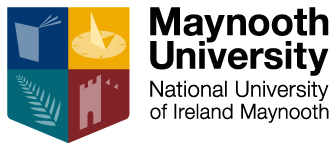| |
Globalization is a process that encompasses the causes, course, and consequences of transnational and transcultural integration of human and non-human activities. (Al-Rodhan and Stoudmann 2006). The process of globalization began with the first migrations out of Africa and has continued ever since, accelerating in times of technological progress and decelerating in times of famine and war. It is a force for good and for evil. No aspect of our lives is not touched by the forces of globalization. In this module we explore these forces as they express themselves in the arts, humanities, sciences and social sciences.
On successful completion of the course, students will have developed a range of methodological, information and communication skills, and will be able to:
Methodological skills
Evaluate and interpret evidence of different types, including documentary and other qualitative sources.
Access, interpret, evaluate and present basic statistical/numerical data.
Explain the respective roles of, and interaction between, questions, theories, evidence and explanations in the social sciences, sciences and humanities.
Information skills
Find and access information relevant to the social sciences, sciences and humanities, making use of good searching principles and techniques.
Evaluate information sources, distinguishing scholarly sources from other content and critically assess information from the internet and other sources.
Manage information using online and other resources. Develop appropriate citing and referencing techniques.
Communication skills
Construct coherent and persuasive arguments both orally and in writing on issues in the social sciences, sciences and humanities, structuring the arguments logically and supporting them with relevant evidence.
Plan and deliver engaging and well-argued presentations that coherently address both question and audience.
Specifically, students should be able to
use print, electronic and digital sources to find information for a project;
present information in a clear and effective manner;
plan and write an essay using associated essay conventions (e.g., introduction/ conclusion, active voice, where appropriate, references);
accurately cite other sources;
explain what plagiarism is;
recommend ways to ensure plagiarism is avoided;
produce a poster for display at an academic presentation;
collaborate with other students to plan a group task;
participate in a group task;
complete a task within a specified timeframe (individually and as a group).
|
 GLOBALIZATION: INTEGRATING WORLDS
GLOBALIZATION: INTEGRATING WORLDS

